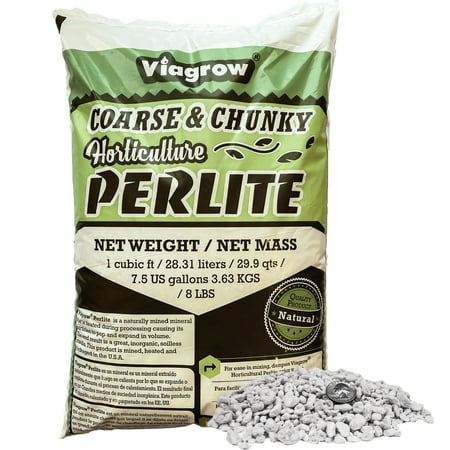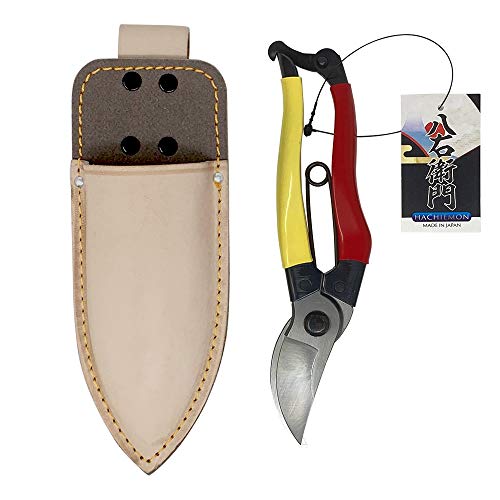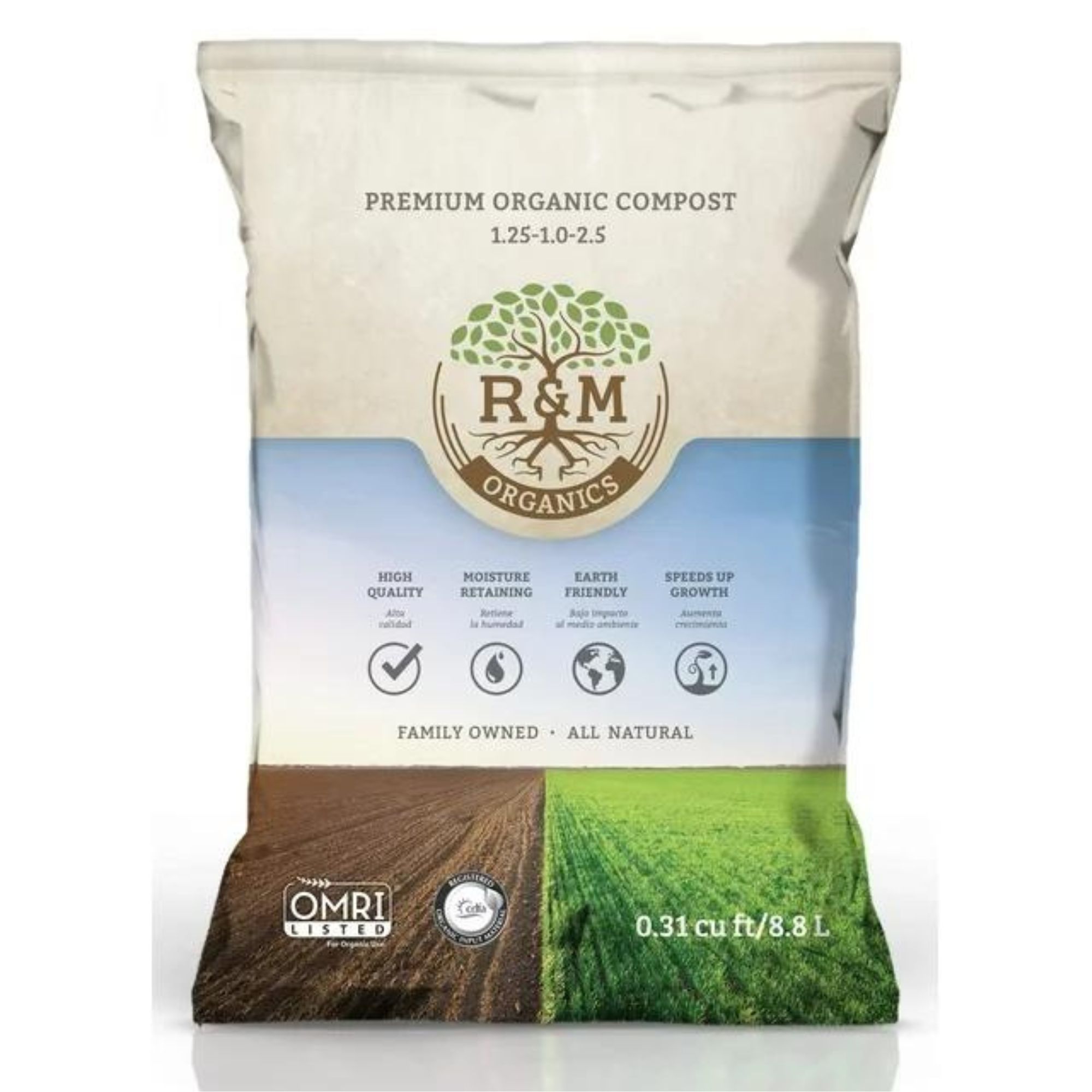How to Revive Lavender — 4 Tricks to Make Sure Your Plants Come Back Looking Beautiful This Year
A 5-step expert guide on how to revive lavender will help ensure your plants are looking fresh for spring
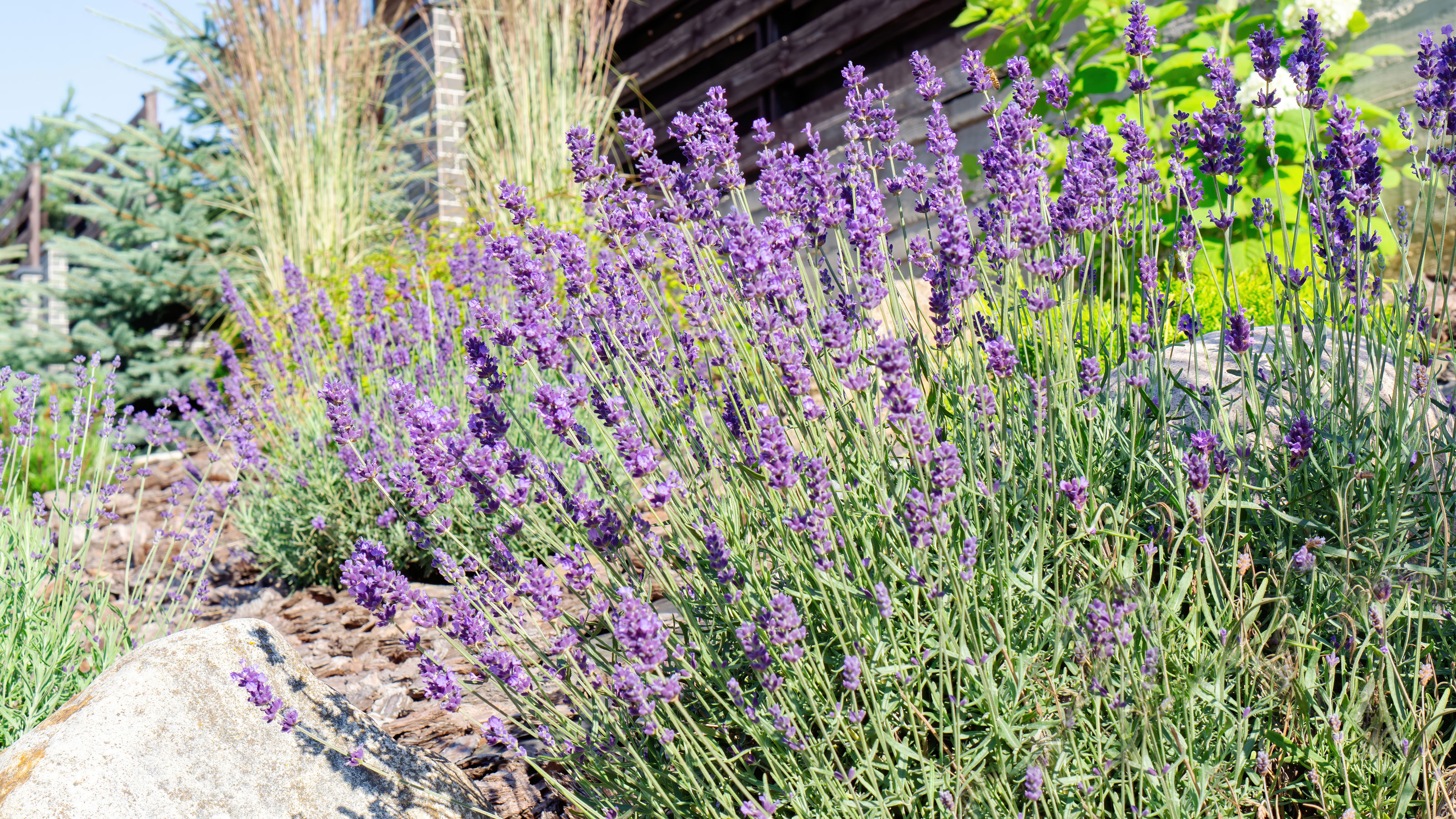
Nothing looks (or smells) quite as good as lavender in the height of summer. A staple of every Mediterranean-inspired garden design, these sun-baked hardy plants are a firm favorite of bees and butterflies and provide a glorious wash of purple or white flowers during the summer months. Plus there’s something about them which is just timelessly romantic – think cascading fields of purple flowers in Provence.
When it comes to reviving your blooms, understanding lavender plant care is essential and when it comes to maintaining them, there are some duties you can’t shirk off.
If your lavender is looking a bit woody, worn out and in need of some TLC — here is some advice from the experts that will help you get them back in shape and ready for summer.
1. Time your pruning to perfection
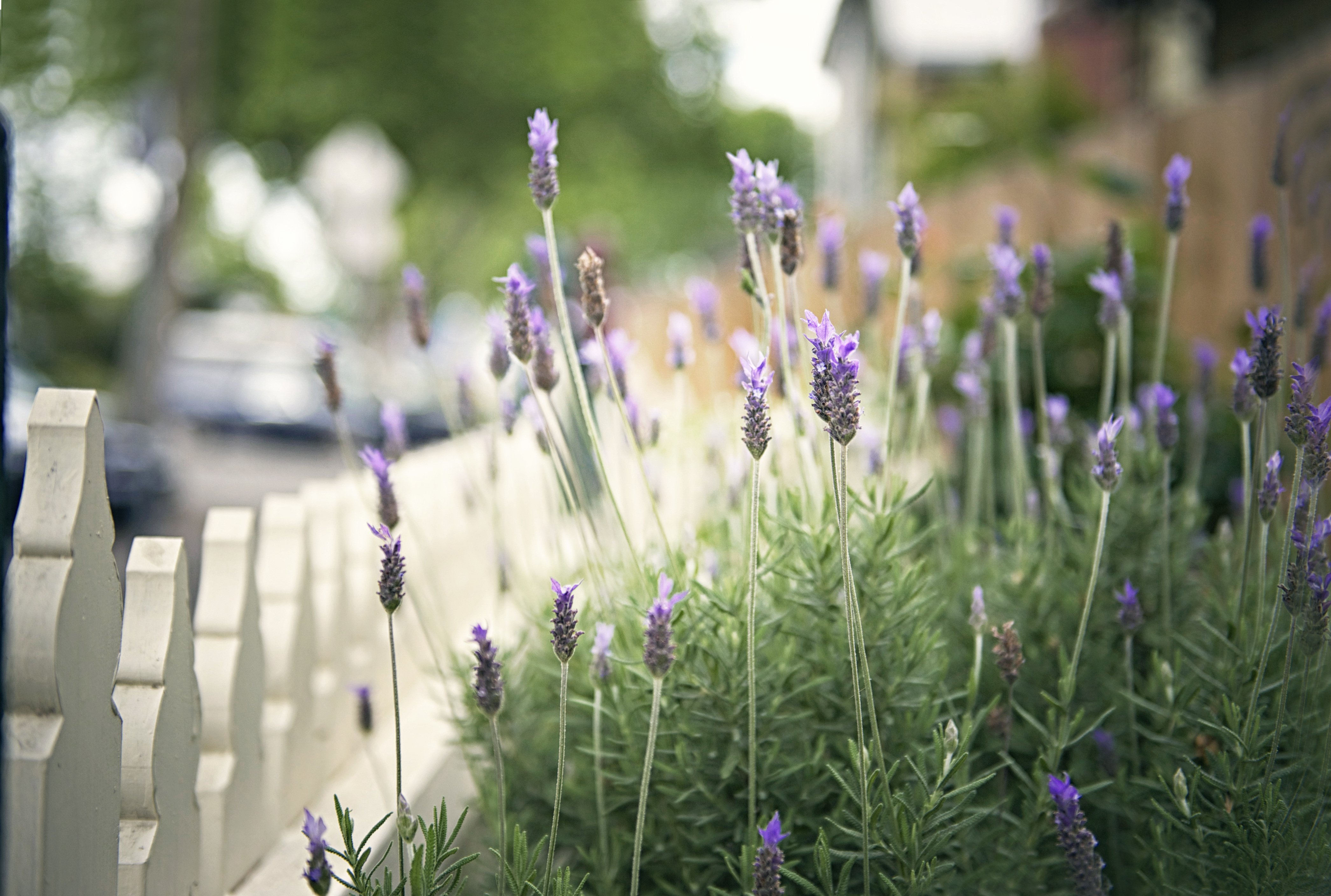
When it comes to how and when to prune lavender, there are a few golden rules to follow to ensure your plants bounce back and burst into fresh growth. Lavender plants don’t grow easily from old wood, so cutting them all the way back is a recipe for no flowers – I learned that one the hard way!
For the right pruning technique, plant expert Sydni D'Amico from Fast Growing Trees suggests, 'Before pruning, make sure that your pruners are disinfected with rubbing alcohol to prevent the spread of any plant diseases and fungus. Gather sections of green lavender stems and cut them down to about 2-3 inches above the woody tissue. Cut the lavender back by sections until you’ve reduced the height of the plant by about a third. Be careful not to cut into the woody tissue, as this can cause damage to the plant and new growth will not regrow from the woody tissue.'
If you’re looking for the best tool for the job, we’d highly recommend Japanese bypass pruning shears, like these from Amazon.
2. Hold back on the fertilizer
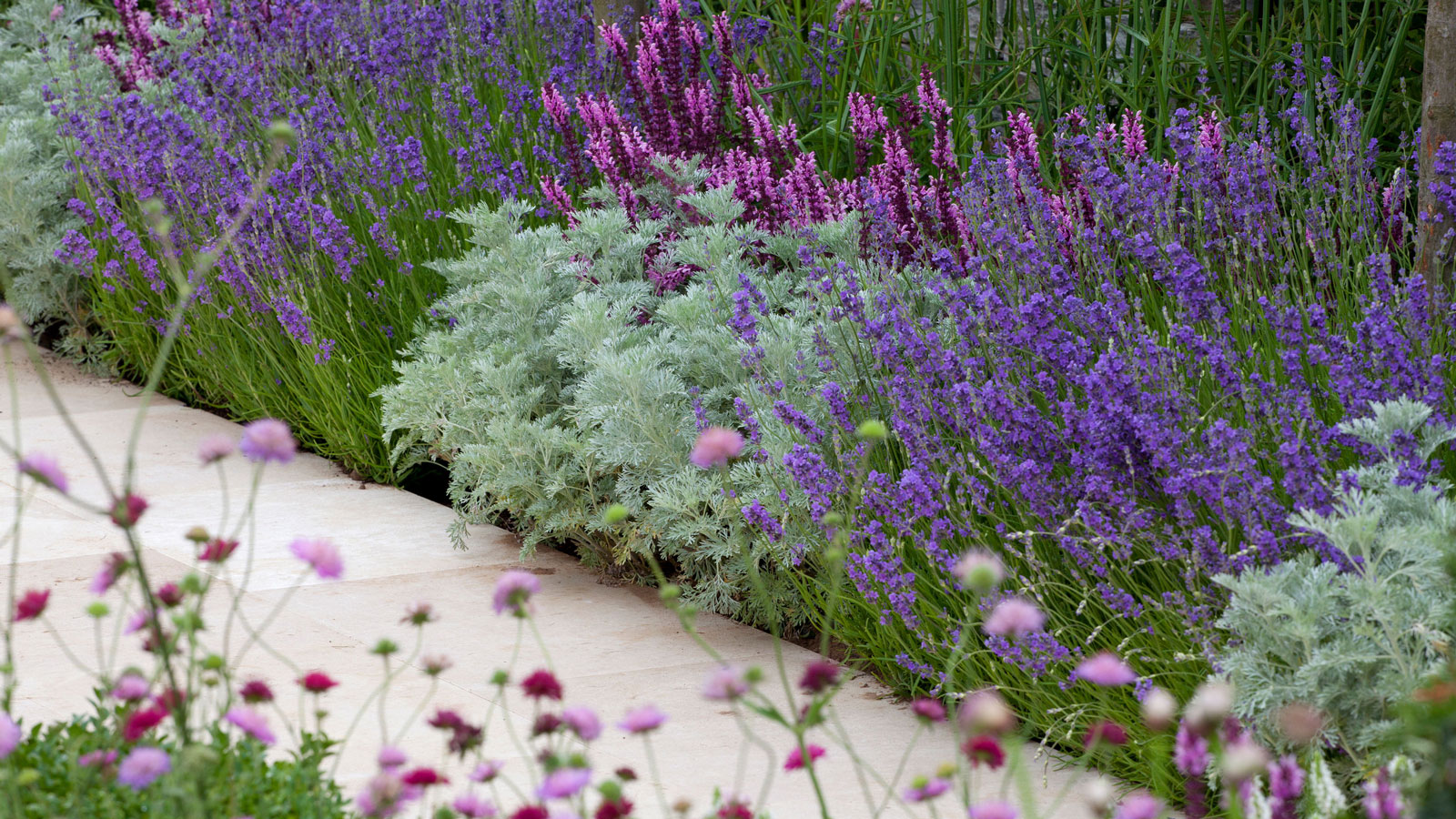
We’ve all fallen into the fertilizer trap. More fertilizer means more nutrients which means better plants, right? Wrong. Different plants have different requirements, and when it comes to lavender less is more.
Originating in hot and dry climates, lavenders have adapted to thrive in poor soil environments, so recreating these growing conditions is key to achieving a happy plant.
As Sydni explains 'Lavender plants are hardy and don’t need a whole lot of fertilizing because they actually prefer soils that are not very nutrient-dense. The best fertilizer to use for lavender plants is organic compost (like this from Walmart).'
'You can broadcast about a 2-inch layer of compost around the plant in spring, then every time the plant gets watered these nutrients will leech into the soil and fertilize your plant over time,' Sydni adds. 'Avoid fertilizing your lavender more than once a year; excess fertilizer can cause the plant to produce excess amounts of foliage and not bloom for you, it could even cause permanent damage to the plant.'
3. Improve your soil drainage
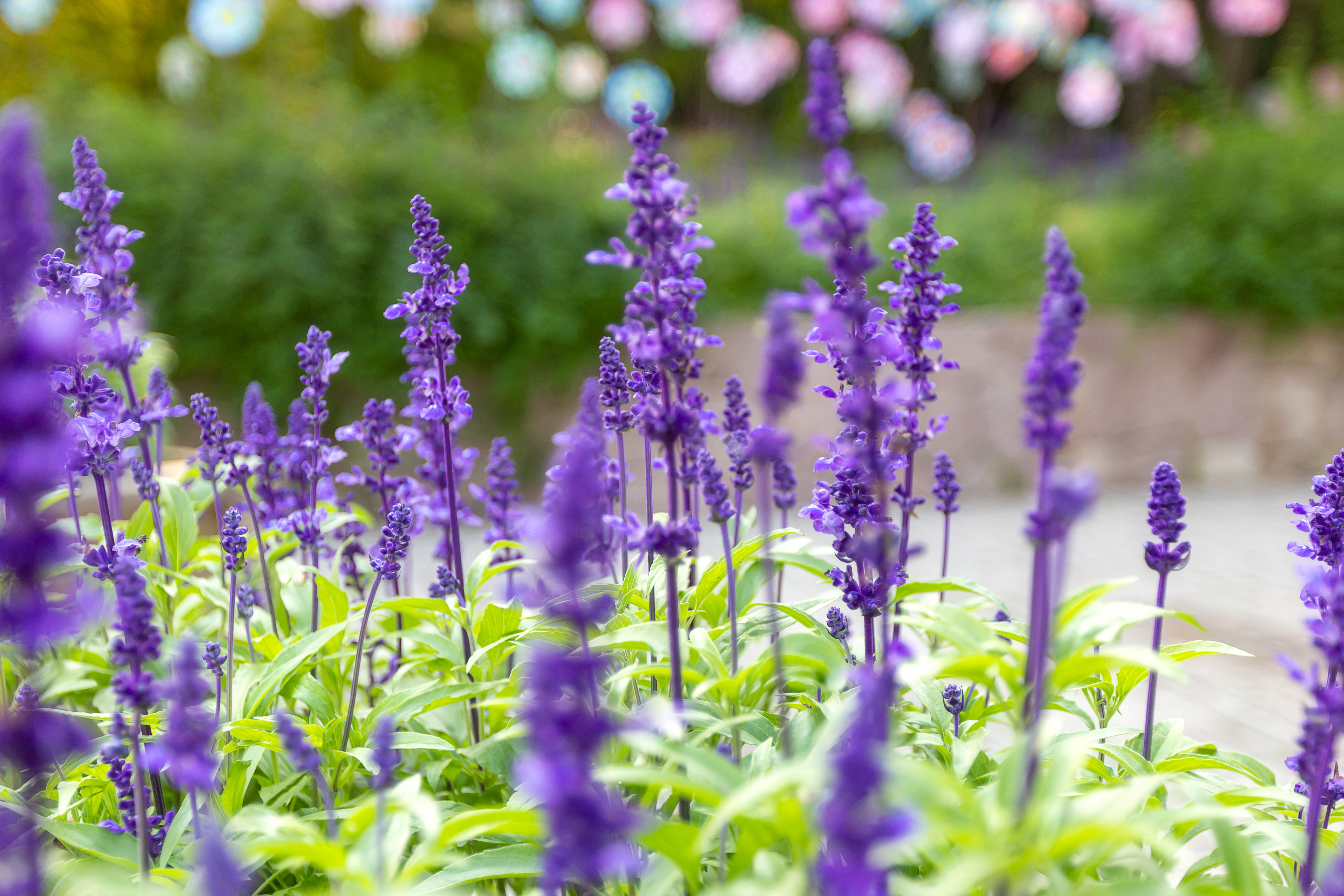
As well as a nutrient-poor environment, lavenders love well-draining soil — it's what makes this a great plant for a dry garden. It also means if you’ve got lavenders in heavy clay soils that get easily water-logged, it might be time to look at improving the soil so they can thrive.
Lavender expert Sydni advises 'Sandy loam-based soils that are well-draining are the best for lavender plants. They thrive in soils that are slightly alkaline, with a pH of 6.5 to 7.5. Lavender plants do not tolerate excess soil moisture; blending in perlite or vermiculite (like this from Walmart) to the soil will help increase drainage to prevent this.'
It's particularly important to pay attention to your compost structure with potted lavenders. Horticultural grit is great for adding drainage to compost and lavenders will love the air it gives the plant's root system. Try to aim for about 2 parts organic compost to 1 part grit and 1 part perlite.
4. Rejuvenate old woody plants
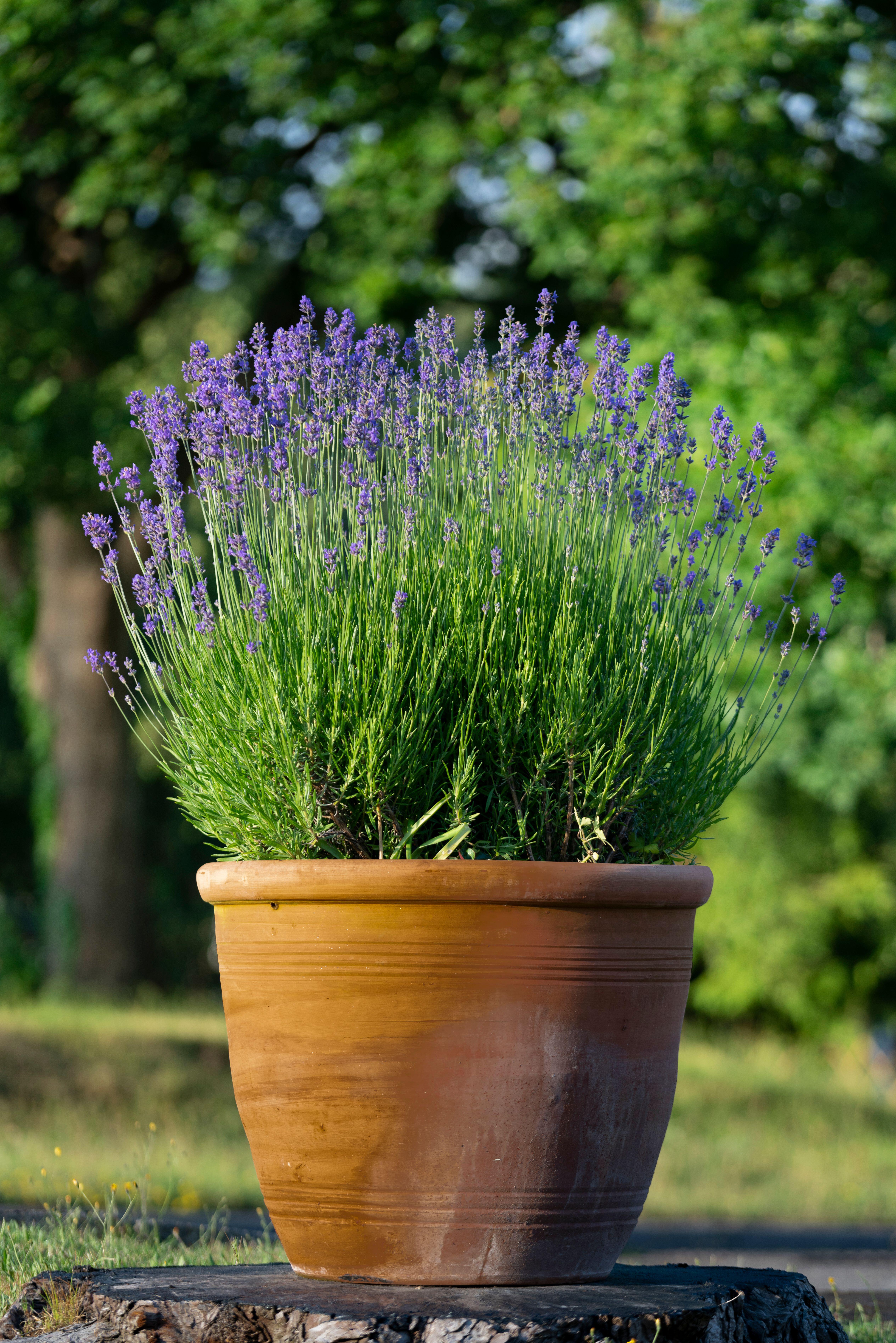
Left to their own devices without regular pruning, lavenders can get woody and lose their compact bushy nature. Thankfully with some hard pruning and patience, you can bring them back to life.
Whether you’ve inherited a yard with overly woody lavenders or you’ve skipped one too many annual prunings like me, Sydni’s got an action plan for you.
'You can rejuvenate old, woody lavender by giving it a hard pruning over the course of three to four growing seasons,' she says. 'Essentially, through this process, the goal is to encourage the lavender to send out new shoots from the base rather than from the tips of the woody tissue.'
'To hard prune you’ll want to group the woody stems into about 3 or 4 groups, one of these groups of woody branches should be cut back completely to the main trunk,' Sydni adds. 'In the following years, cut back the next sections of woody stems and cut one section per year. New lavender sprouts will grow near the base of the plant, which will grow to replace the old woody growth that you prune back.'
Be The First To Know
The Livingetc newsletters are your inside source for what’s shaping interiors now - and what’s next. Discover trend forecasts, smart style ideas, and curated shopping inspiration that brings design to life. Subscribe today and stay ahead of the curve.
Matilda Bourne is a freelance homes, gardens and food writer, stylist and photographer. Known for creating and capturing content for multiple international brands, her work has been featured in The Telegraph, The Daily Mail, and Hello! magazine. When she’s not writing, you can usually find her tending to her much-loved garden and scouring thrift stores for vintage furniture.
-
 Burl Wood Decor Is 2025’s Most Coveted Comeback — Here’s How to Get the Storied Swirls for Less
Burl Wood Decor Is 2025’s Most Coveted Comeback — Here’s How to Get the Storied Swirls for LessIrregularity is the ultimate luxury, but you don’t need an antiques dealer to find it
By Julia Demer Published
-
 5 Garden Features That Instantly Add Value to Your Home — While Making Your Outdoor Space More Practical, too
5 Garden Features That Instantly Add Value to Your Home — While Making Your Outdoor Space More Practical, tooGet to know all the expert tips and tricks for making your backyard a standout selling point for your home.
By Maya Glantz Published
